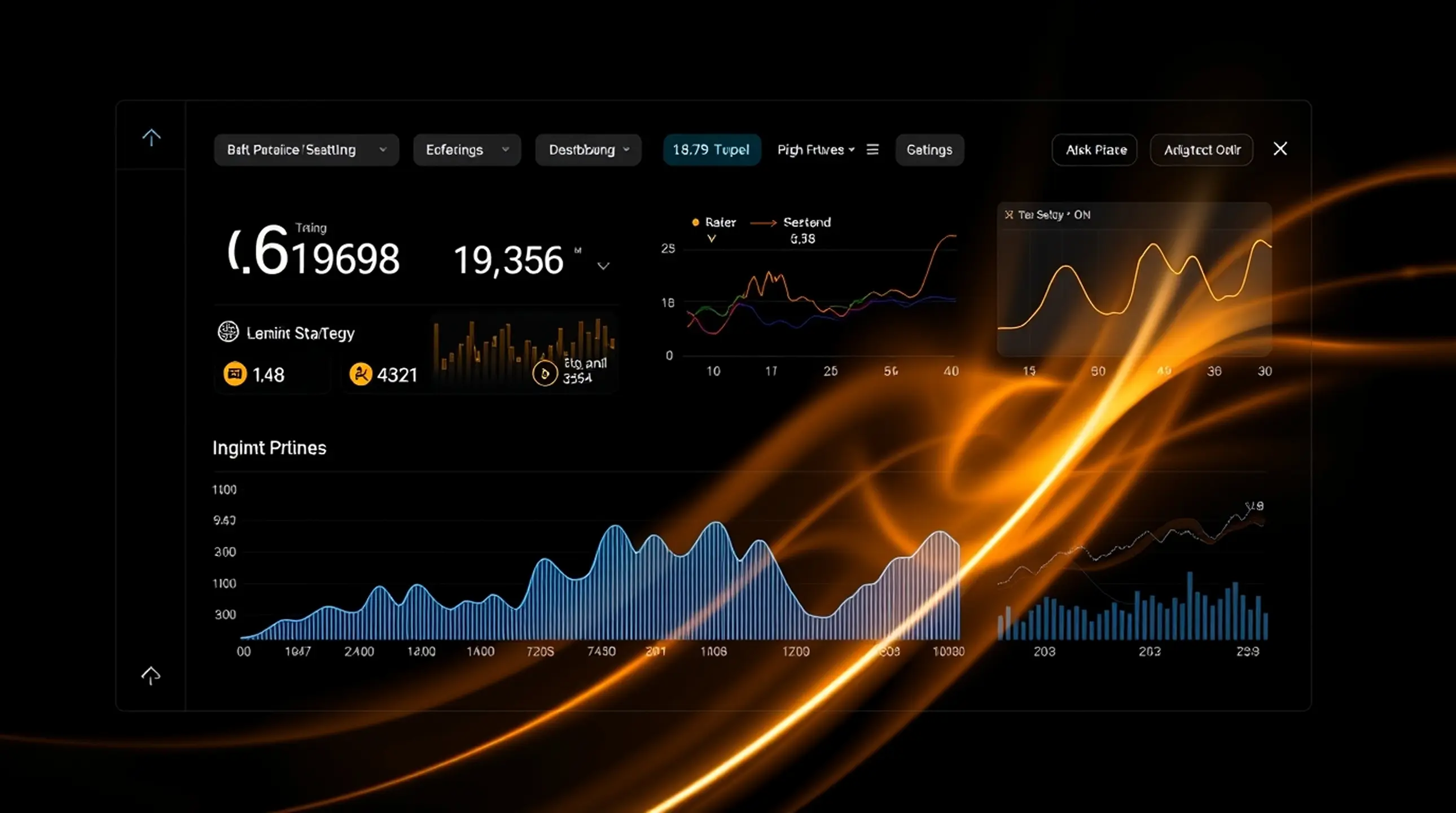Urban safety is a core concern for municipalities worldwide. Traditional policing and resource allocation models often rely on historical crime data and reactive responses, sending resources to areas *after* a crime has occurred. This approach is inefficient, costly, and can lead to a sense of insecurity among citizens. The public sector needs a way to move beyond this reactive paradigm. The vast amount of urban data—from historical crime reports to geospatial and demographic information—makes **Artificial Intelligence and predictive analytics** indispensable for creating safer and more efficient cities.
At Zyllica, we harness the power of AI and predictive analytics to revolutionize urban public safety. Our methodology transforms reactive policing into a proactive, intelligent, and highly effective science. Our approach includes multi-source data integration, predictive crime hotspot modeling, and optimization algorithms for resource allocation, enabling proactive and robust policy design.
Implementing AI solutions for urban crime prediction offers profound benefits for city authorities and citizens. It leads to proactive crime prevention by shifting from reactive responses to anticipatory resource allocation, optimized resource utilization by maximizing the impact of public safety budgets, and evidence-based policy making. This fosters transparency and a sense of security through data-driven, citizen-centric governance.
Contact Zyllica's Science Team to discuss how AI can optimize your public safety strategies and empower your community.
More Thought-Provoking Insights

In a world facing unprecedented threats to biodiversity, traditional conservation efforts often struggle to keep pace. This article explores how AI and advanced predictive models can transform conservation from a reactive battle into a proactive, intelligent, and highly effective strategy.

Urban safety is a core concern for municipalities worldwide. This article explores how AI and predictive analytics can transform traditional reactive policing into a proactive science, optimizing resource allocation and building safer, more efficient cities.

The agricultural sector faces increasing global food demand and climate volatility. This article explores how AI transforms traditional farming into a precision science, enabling agribusinesses to enhance crop yield, optimize resource allocation, and build a more resilient food supply chain.